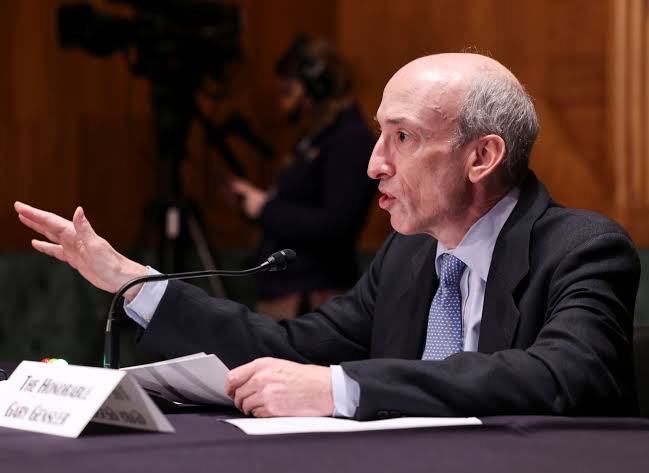The US Securities and Exchange Commission (SEC) is currently holding off from finalizing a proposed definition of “digital assets,” which would have marked the first time that the regulatory body had established a definition for the term.

The United States Securities and Exchange Commission (SEC) has decided to hold off from ratifying the definition of “digital assets” in rules that govern reporting disclosures for hedge and private equity funds, despite proposing to do so approximately nine months ago. The regulator’s original proposal included a definition for “digital assets” which, if put into effect, would have been the first time that the SEC had defined the term.
The proposed definition stated that digital assets are “assets that are issued and/or transferred using distributed ledger or blockchain technology,” and included other commonly used terms such as “virtual currencies,” “coins,” and “tokens.”
In the most recent update, the SEC published amendments to Form PF, which is a form that SEC-registered funds complete to disclose basic information about their fund so that the regulator can assess potential “systemic risks.”
However, the SEC stated that it is not going ahead with adding the definition of “digital assets” to the form at this time. Instead, the SEC and its staff are “continuing to consider” the term “digital assets.”
The SEC’s original proposal for the definition of digital assets was motivated by the fact that information regarding a fund’s digital assets is reported in an “other” category, which results in “less robust Form PF data for analysis.”
The regulator proposed the definition to obtain separate, and, by extension, more accurate reporting on such assets. In particular, the SEC stated that it believes it is important to collect information on funds’ exposures to digital assets to better understand their overall market exposures.

However, the latest updates to the SEC’s Form PF rules now require SEC-registered funds to report the occurrence of key events that could indicate systemic risk or harm to investors. Firms must also disclose details of their fees and expenses, as the SEC attempts to shed light on the multi-trillion dollar sector.
The SEC made headlines in mid-April by announcing its plans to revisit its definition of an “exchange” to include decentralized finance (DeFi). The move comes as the agency attempts to keep up with the fast-paced and constantly evolving cryptocurrency market.
SEC Chair Gary Gensler has been a vocal advocate for the regulation of cryptocurrencies and has repeatedly stated that he believes many of them should be classified as securities. Gensler has argued that the U.S. crypto sector is in violation of securities laws, and has pushed for greater oversight and regulation of the industry.
While the SEC has been hesitant to define “digital assets” in its reporting disclosures for hedge and private equity funds, it is clear that the agency is taking steps to increase its oversight of the crypto market.